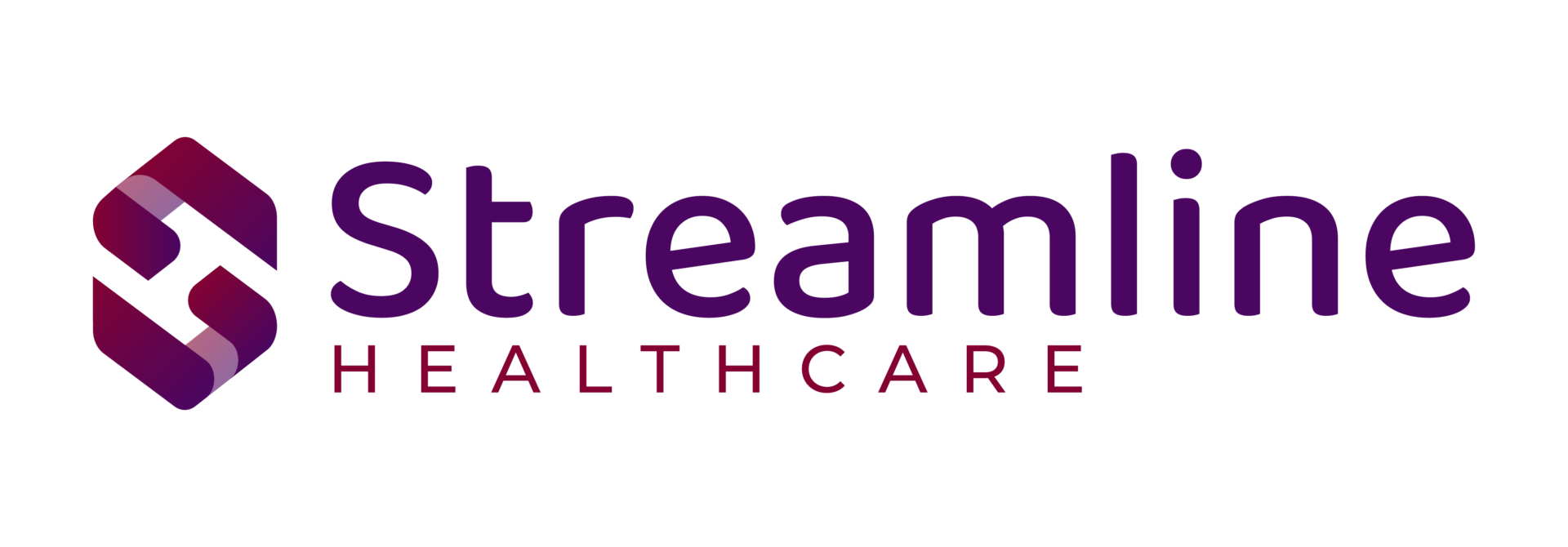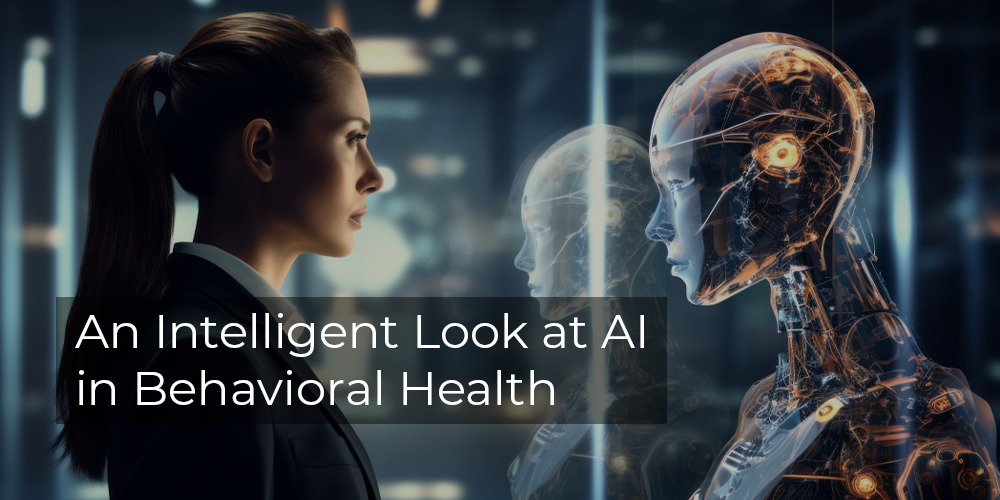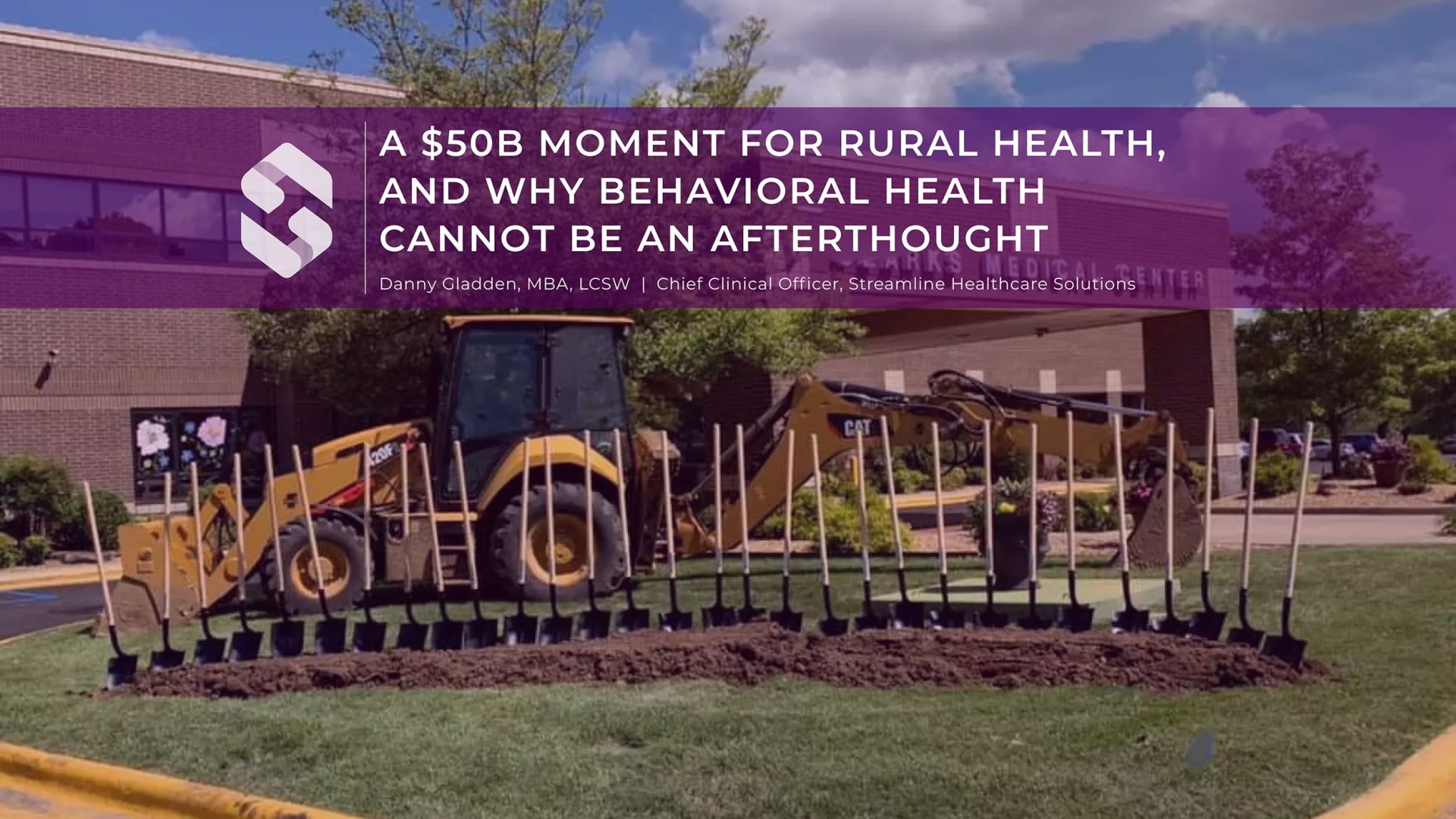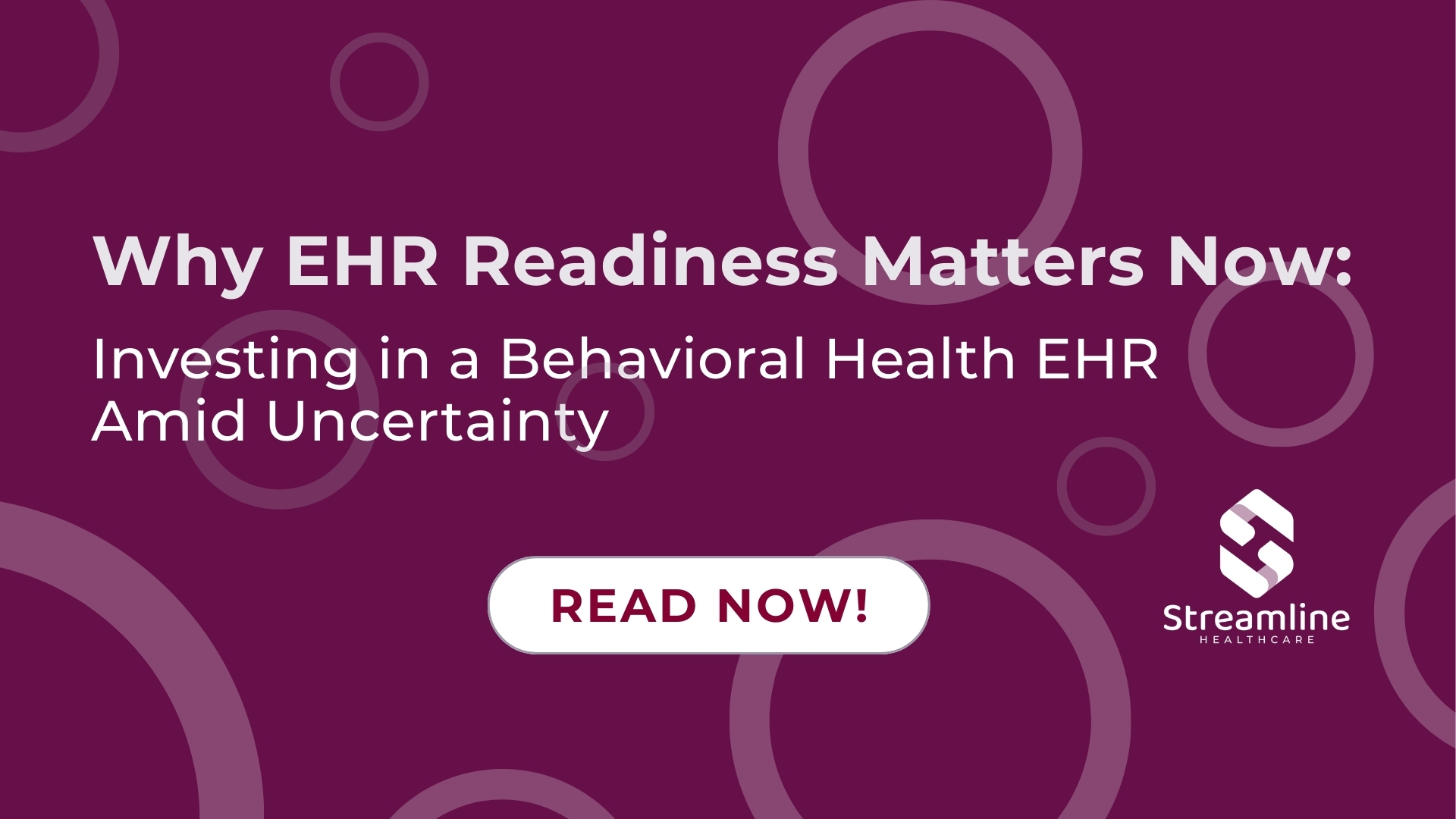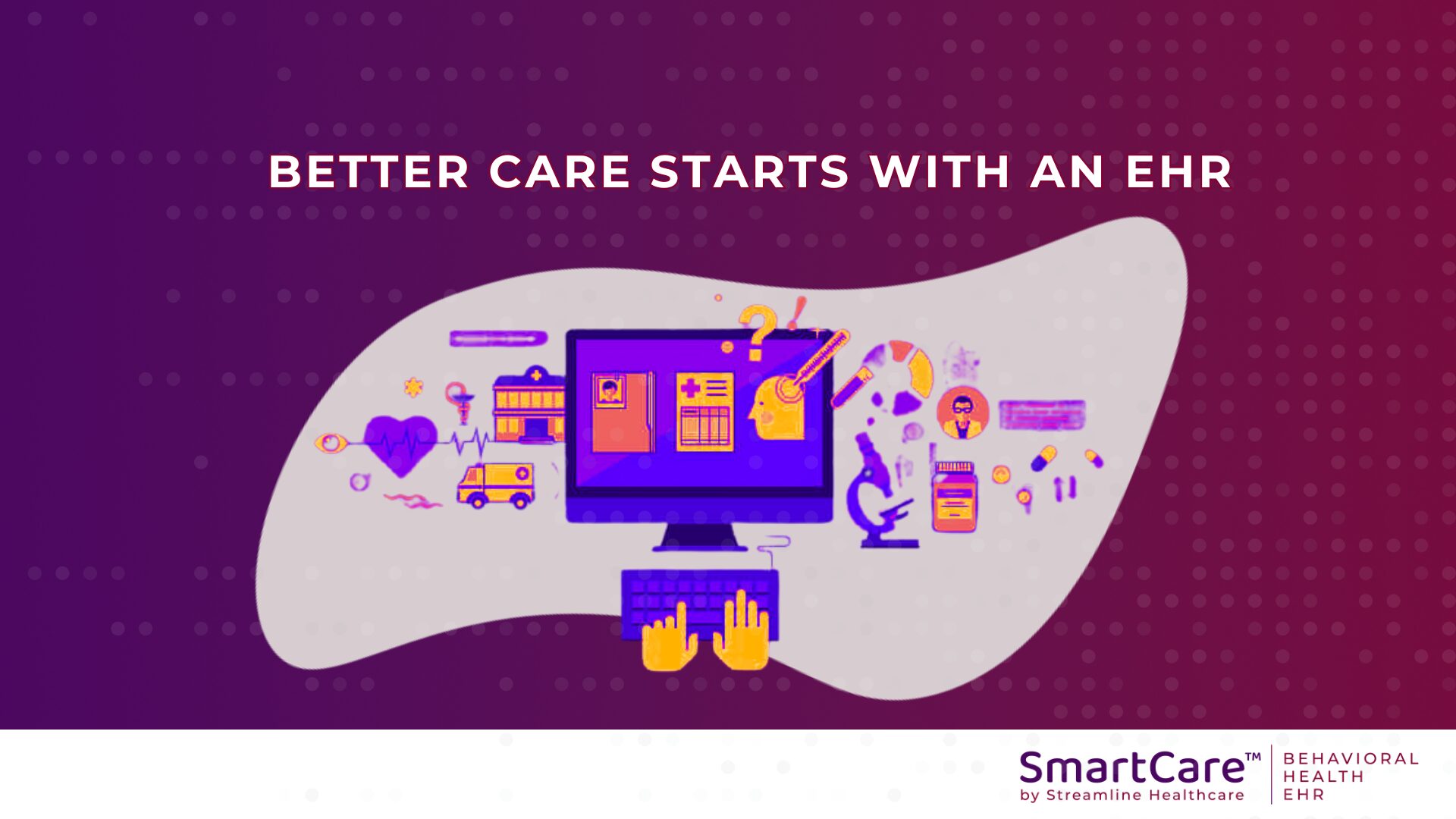Since ChatGPT became publicly available in late 2022, Artificial Intelligence (AI) has garnered much attention—and hype. Streamline Healthcare Solutions recently conducted a webinar exploring what AI is—and what it is not—and several real-world applications for AI in Behavioral Health today.
Part 1 of this Blog post focused on Augmented Intelligence, which the American Medical Association defines as “a conceptualization of artificial intelligence that focuses on AI’s assistive role, emphasizing that its design enhances human intelligence rather than replaces it,” and on several examples of how it currently is being used in Behavioral Health.
Part 2 focuses on the realities of and best practices for implementing AI in Behavioral Health.
What AI is Not
One thing that AI is not is everything that it has been hyped to be since ChatGPT became available—at least not in the immediate future, anyway. Consulting firm Gartner, Inc., for example, places AI technologies on the ascending slope of its Hype Cycle curve.
Unlike ChatGPT, AI in Behavioral Health is not a plug-and-play app that can be used without the human, technological, and organizational expertise and resources required for:
- Data collection, cleansing and transformation.
- Model building and initialization.
- Model training.
- Model testing and feedback.
- Implementation.
- Training people on how to use the information and insights generated by the model.
AI in Behavioral Health: Making it Happen
Despite the hype, innovative organizations are using Augmented Intelligence to improve the efficiency and effectiveness of Behavioral Health Care. Streamline Healthcare Solutions currently is collaborating with two AI providers: Holmusk and Eleos Health.
An organization’s existing technology infrastructure is an important factor in the successful implementation of AI capabilities. Streamline’s SmartCare™ Electronic Health Record (EHR) platform, for example, has several features that make it well-suited to supporting AI solutions:
- Single platform hosted on world-class Microsoft Azure Platform.
- Robust data model.
- Broad integration support.
- Intuitive user interface so AI-driven insights are readily available to users.
The human element of implementing Augmented Intelligence solutions in Behavioral Health is as important as the technological elements, particularly in situations where users and/or clients aren’t technology savvy. A recent survey of medical patients, for example, found 75% do not trust AI in a healthcare setting.
Best practices for addressing the human elements of implementing AI technology include the following:
- Educate users on the difference between AI and Augmented Intelligence and emphasize how Augmented Intelligence will help clinicians and other users to do their jobs better and faster—not replace them.
- If the AI solution being used is visible to the client, such as with some automated documentation tools, teach the clinician how to present the tool to the client and educate the client on how it will help with treatment.
- Develop and configure policies and processes to guide users in areas like gaining client consent.
- Train users extensively and give them the opportunity to ask questions. Since Augmented Intelligence is a new and innovative technology, focus on the why as well as the how. Emphasize that Augmented Intelligence is a tool to help users do their work, not to replace them or tell them how to do their work.
Streamline and SmartCare™
Since 2003, Streamline Healthcare Solutions has focused exclusively on Behavioral Health and Human Services. We understand people choose this work out of a deep desire to help others. We partner with our customers to provide innovative technology solutions that help them advance the lives of those they serve.
Streamline’s SmartCare™ is a true enterprise Electronic Health Record (EHR) platform that sets a new standard for Behavioral Health EHRs. Its dependability and stability provide organizations with the control they need to succeed in today’s complex environment, while its flexible and intuitive user experience enables them to transform the way they provide care to meet the exciting promise of tomorrow.
Request a demo today and learn how SmartCare™ can support your organization.
